Why Telecom Is Finally Moving Beyond IVR


The telecom industry is entering a new phase as voice AI in telecom becomes the backbone of customer support automation. The days of menu-driven IVR systems are numbered. Businesses now need fast, accurate, and natural conversations that only AI-powered voice agents can deliver.
The global voice AI market is set to jump from $2.4 billion (2024) to $47.5 billion (2034), with a 34.8% CAGR. Over 80% of customer experience leaders believe voice AI is the future of telecom support.

IVR (Interactive Voice Response) is an automated phone system that answers customer calls with pre-recorded menus and guides users to the right department through keypad inputs or simple voice commands.
How it works:
Traditional IVR systems promised efficient customer service, but they rarely deliver a smooth experience in today’s telecom environment.
Most telecom users find IVR slow, impersonal, and frustrating—especially when their queries fall outside standard options or need real troubleshooting

Voice agents are software systems that communicate with users through spoken language.
They are designed to understand, process, and respond to voice commands or questions in real time.
Voice agents use technologies such as Automatic Speech Recognition (ASR) to convert speech into text, Natural Language Understanding (NLU) to interpret intent, and Text-to-Speech (TTS) to reply in a human-like voice.
These agents can handle routine tasks, answer queries, and guide users through processes without the need for human intervention.
In telecom, voice agents can:
Voice agents are different from traditional IVR systems because they can hold natural conversations, understand complex requests, remember previous interactions, and adapt to the needs of each user.
This makes voice agents a key part of modern customer support, especially for industries like telecom, banking, and healthcare.
Traditional IVR systems were introduced to automate customer support. However, most users find them frustrating because they rely on fixed menus and require pressing specific buttons for every request.
These systems depend on limited keywords and follow a rigid process. There is no flexibility, and the experience often leads to wasted time and incomplete resolutions.
Voice AI agents in telecom addresses these issues by enabling intelligent, natural, and context-aware conversations. AI Voice agents can understand what the customer means, not just what they say. They deliver faster, more accurate responses, and adapt to individual needs.
| Feature | Traditional IVR | Voice AI Agents |
|---|---|---|
| Menu Navigation | Fixed, button-based menus | Conversational and flexible |
| Language Understanding | Recognises only basic keywords | Understands natural language and intent |
| Personalisation | No personalisation | Customises replies and remembers context |
| Query Handling | Single-step and limited | Handles multi-step tasks and interruptions |
| Escalation to Human | Manual, no context transfer | Seamless with full conversation history |
| Learning Capability | Script-based, static | Self-learning and continuously improving |
| Response Speed | Slow and repetitive | Fast, accurate, and natural |
| Support Availability | Available 24/7 | Available 24/7 in multiple languages |
Voice AI in telecom has moved beyond the limitations of IVR. It provides faster, smarter, and more customer-focused support, which meets the expectations of today’s users.
An AI voice agent is software that talks to people by phone or voice apps. It answers questions, solves problems, and completes tasks in real time—24×7.
It gives fast answers, tracks orders, solves routine issues, and works any time—even when humans are offline.
Yes. If you want or need human support, the AI agent can connect you to a real person.
AI voice agents use advanced speech recognition. They understand various accents, languages, and ways people ask questions.
Most modern AI voice agents support multiple languages, so you can get help in the language you prefer.
Yes. Leading AI voice agents follow strict security and privacy standards to keep your data protected.
It handles routine queries, gives account information, and helps with common requests. For complex issues, you’re transferred to a human agent.
If it’s not sure or makes a mistake, the AI can clarify, ask for more info, or connect you directly to a human.
The agent verifies your identity through account details or security questions to provide the right information.
No. They handle repetitive work and free up human agents for complex conversations.
AI voice agents help businesses deliver better customer support. They handle common questions and simple tasks, so human agents can focus on more complex issues. This improves service and reduces wait times for customers.
For customers, AI voice agents mean faster responses and more consistent answers. They also keep personal data safe and respect privacy. Features like multilingual support make it easier for businesses to serve customers everywhere.
Platforms like YourGPT make it easy to set up and manage AI voice agents. By starting with clear goals, connecting to existing systems, and training with real customer data, businesses can get the most out of their AI voice agents. With YourGPT, companies can build smoother and more helpful support experiences for everyone.
Build smarter Voice Agents with YourGPT—faster, flexible, and built for today’s telecom needs.
No credit card required • Full access • Limited time offer
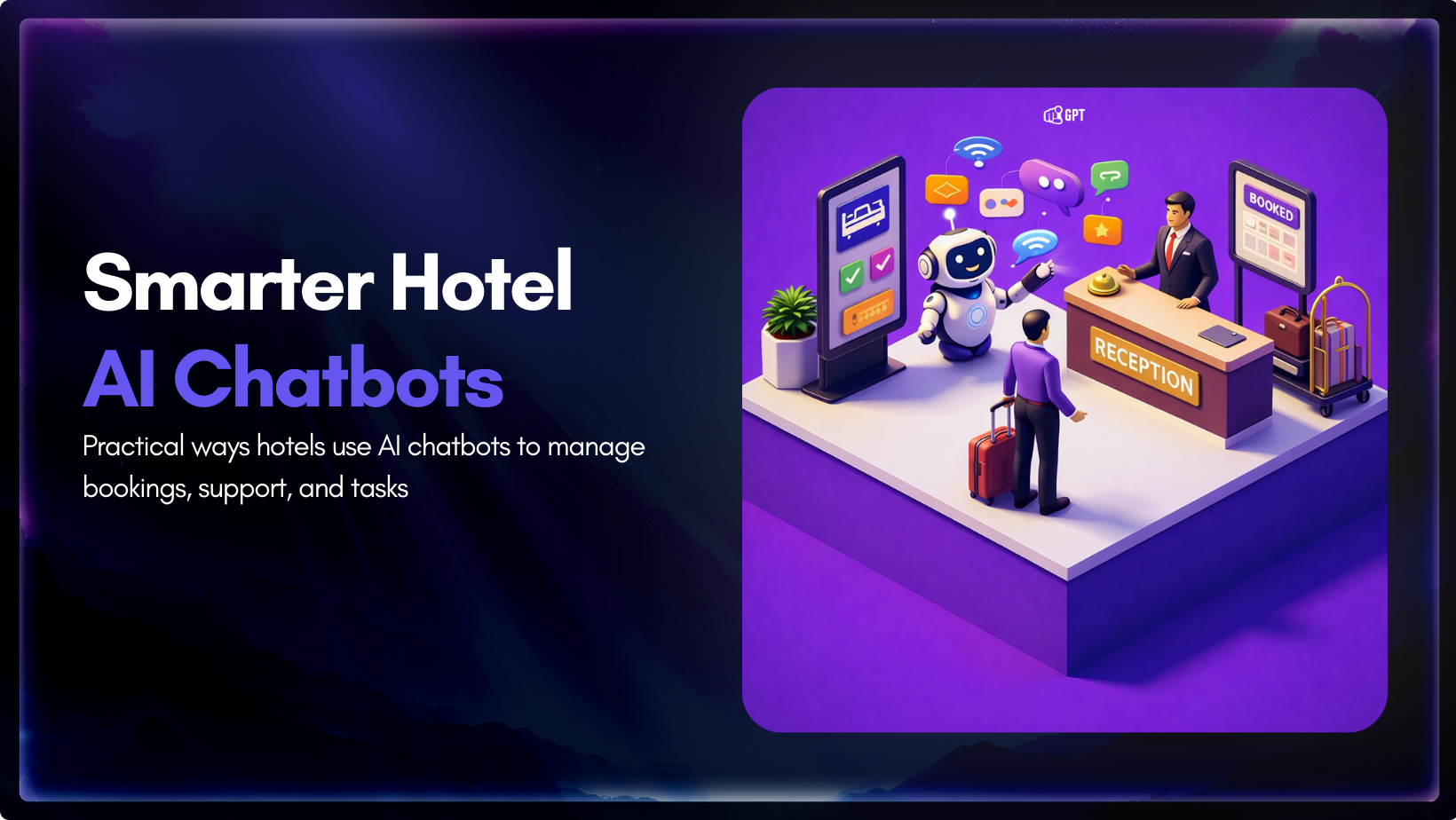
Hotel guests don’t wait for business hours to ask questions. They message whenever it’s convenient for them, which is usually when your staff aren’t available to respond. If they don’t hear back quickly, they book elsewhere. The requests themselves are rarely complicated. Guests want to know about availability, check-in procedures, whether pets are allowed, or […]

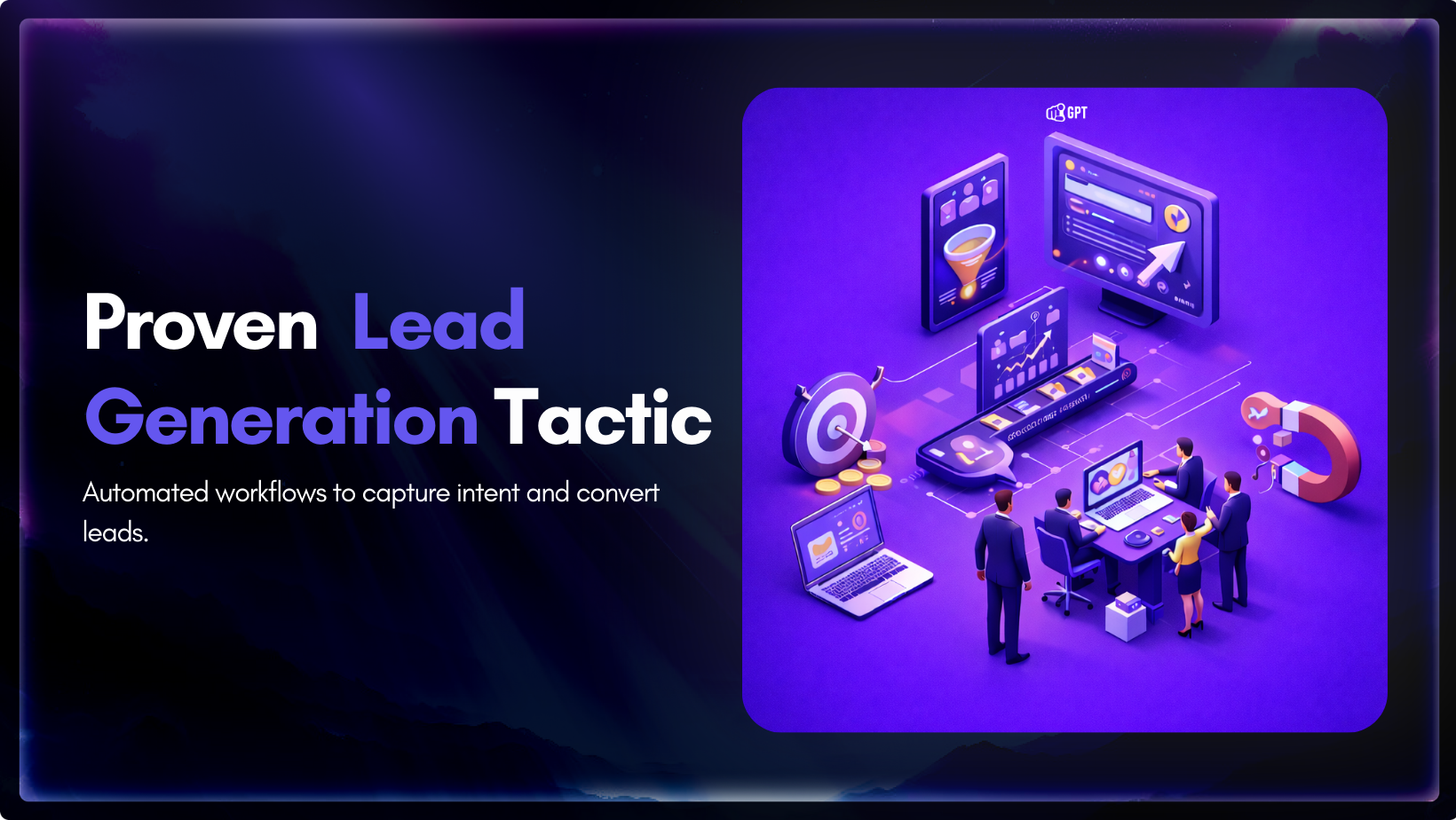
TL;DR Lead generation in 2026 works best with a multi-channel system, not isolated tactics. This blog covers 18 proven strategies and 12 optimizations used by top teams. You will learn how to combine AI, outbound, content, and community to build predictable lead flow at any scale. Lead generation is the lifeblood of every business. Without […]

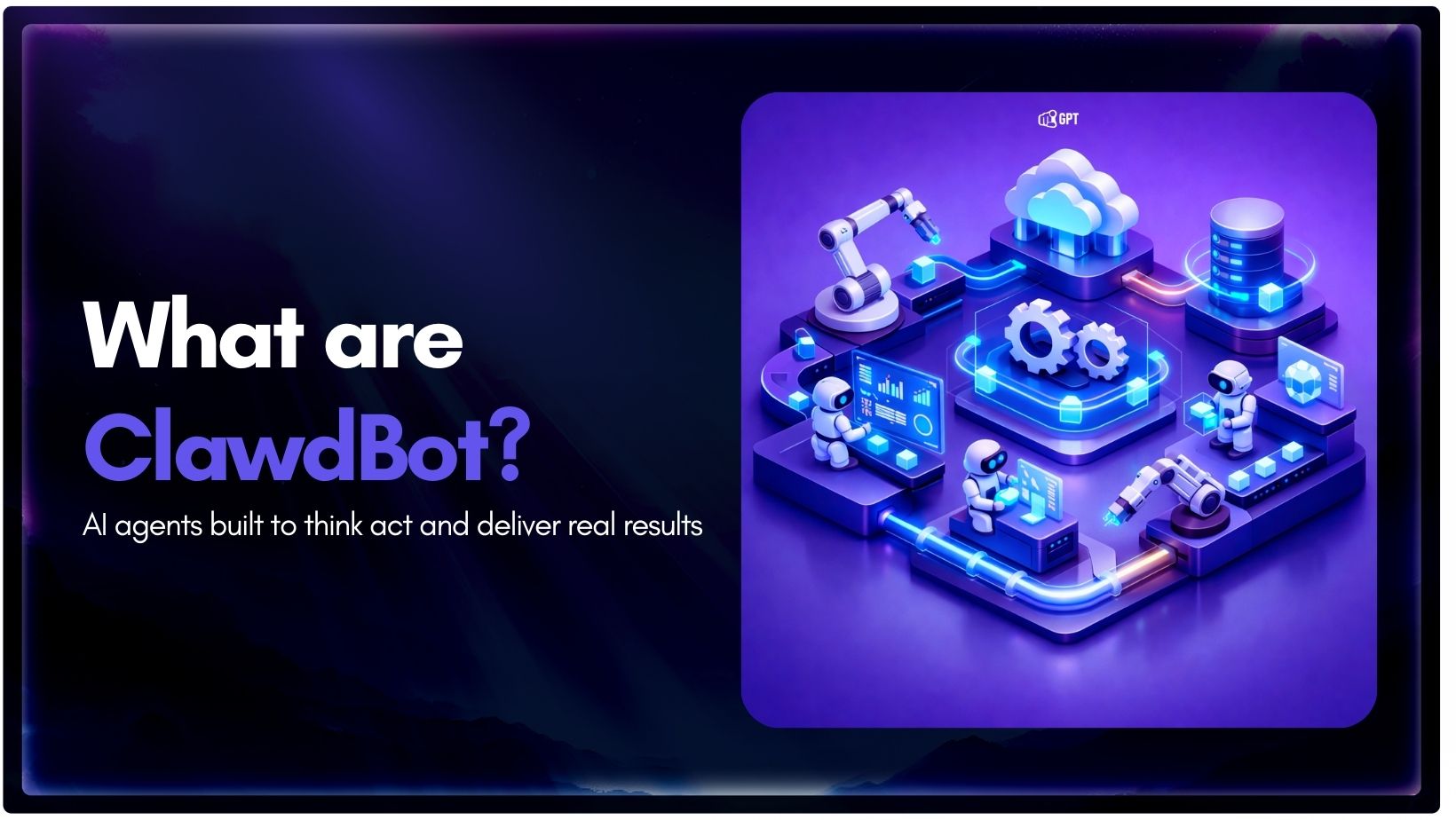
In 2026, “How many AI agents work at your company?” is not a thought experiment. It is a practical question about capacity. About how much work gets done without adding headcount, delays, or handoffs. Most teams have already discovered the limits of chatbots. They answer questions, then stop. The real opportunity is in AI agents […]

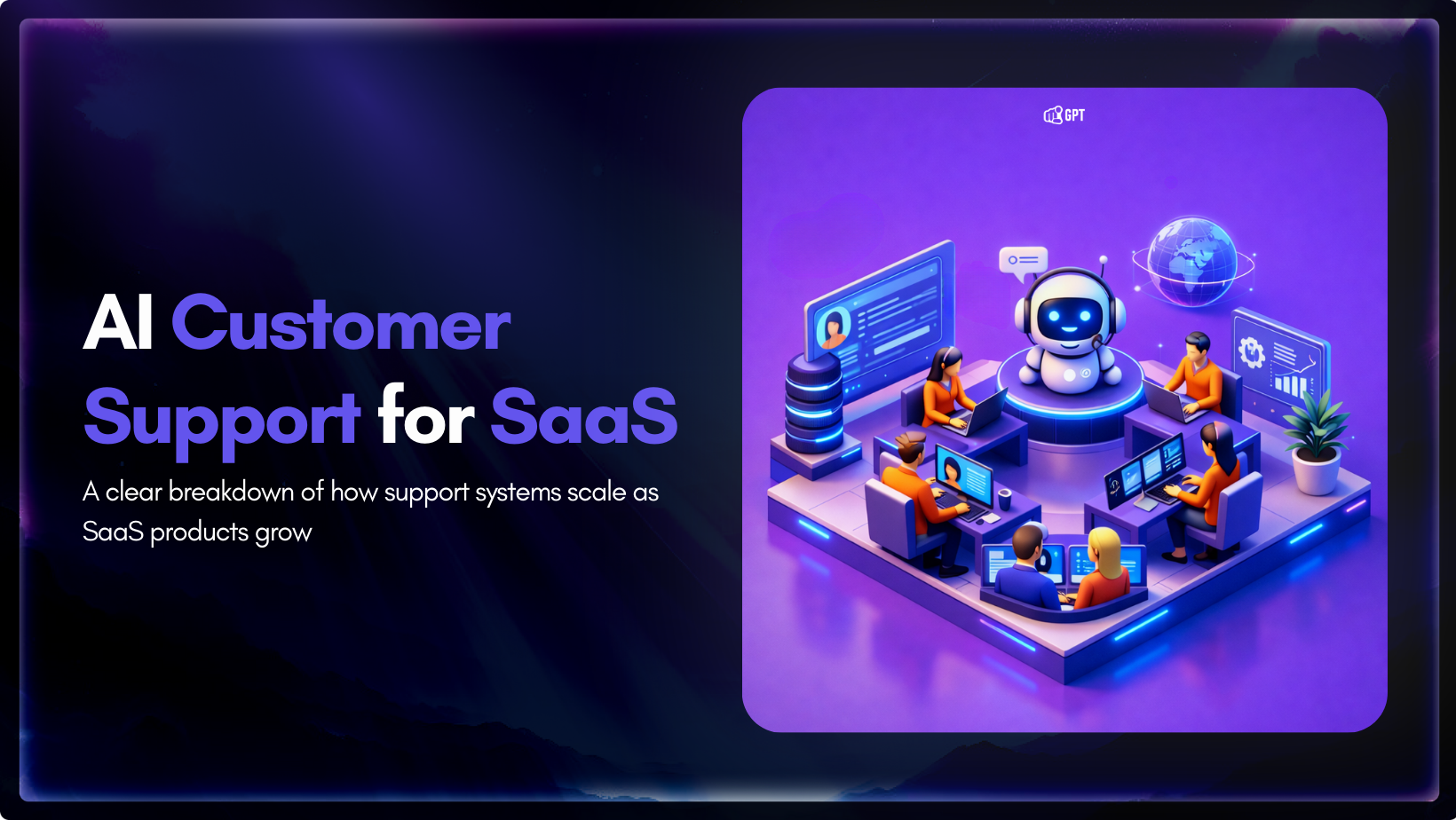
TL;DR SaaS support needs chatbots that understand account context, handle real workflows, and preserve conversation continuity. AI delivers the most value during onboarding, billing queries, recurring product questions, and pre-escalation context collection. Tools limited to scripted replies or weak handoff increase friction instead of reducing it. :contentReference[oaicite:0]{index=0} fits SaaS teams that need account-aware automation and […]

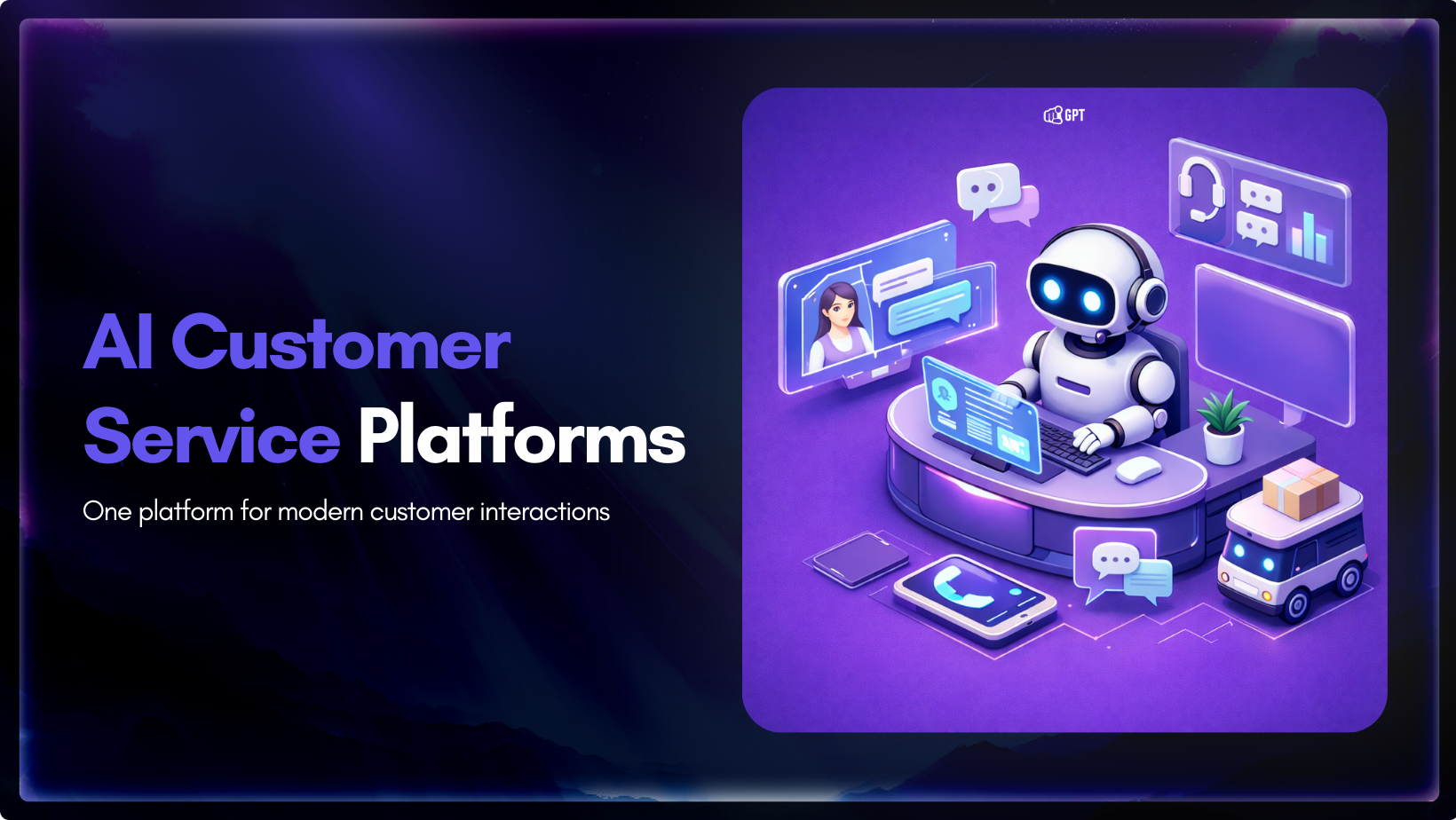
Customer support has become a central part of how modern businesses build trust and long-term relationships with their customers. As products and services grow more complex, support teams play a direct role in shaping the overall customer experience, not just in resolving issues after a sale. Support teams today manage conversations across multiple channels, respond […]

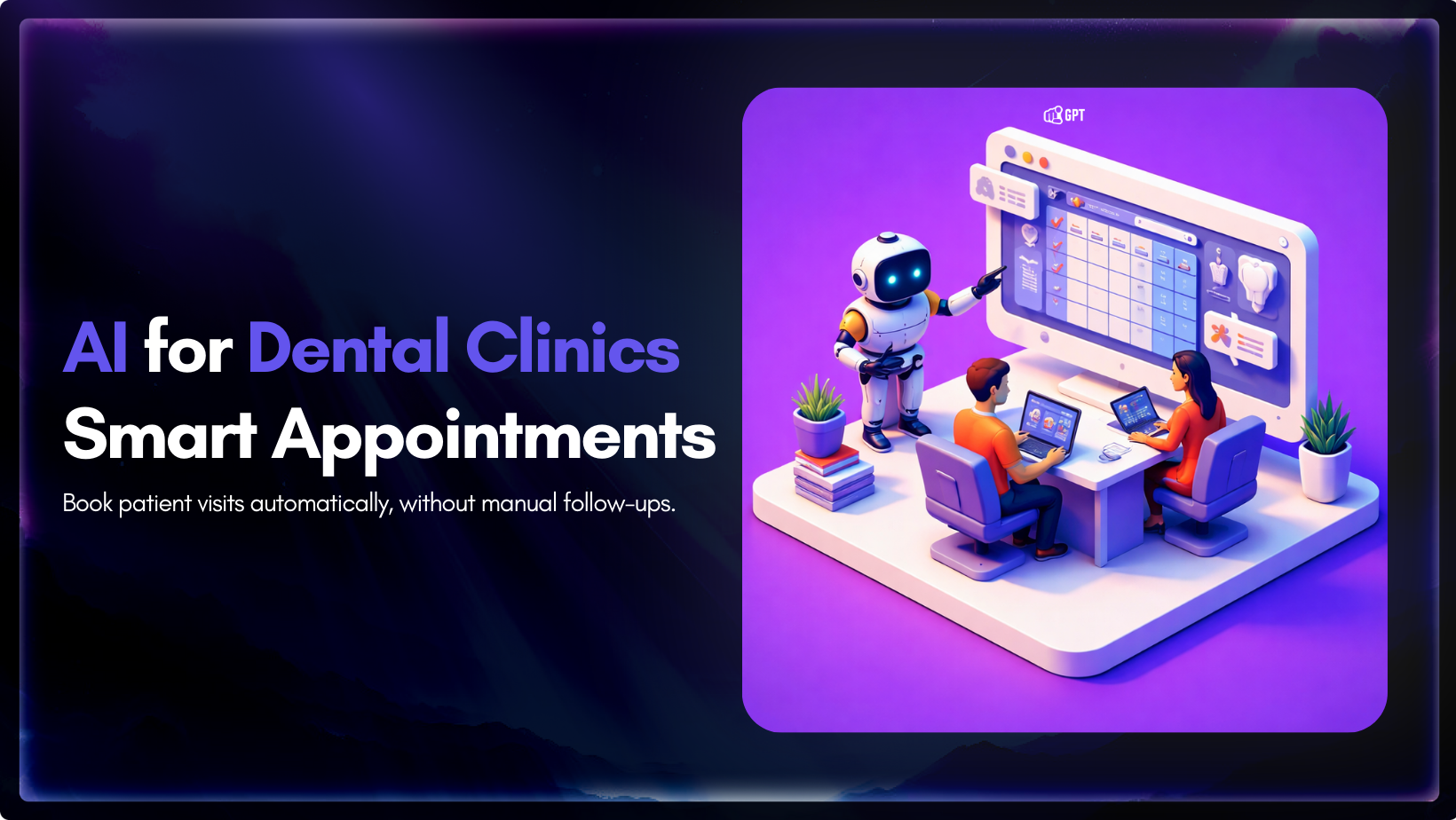
Discover how AI appointment booking transforms dental clinic operations by capturing after-hours demand, reducing no-shows, and streamlining scheduling. Learn practical implementation strategies, ROI metrics, and why modern practices are rapidly adopting this technology.
